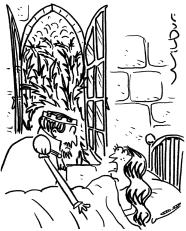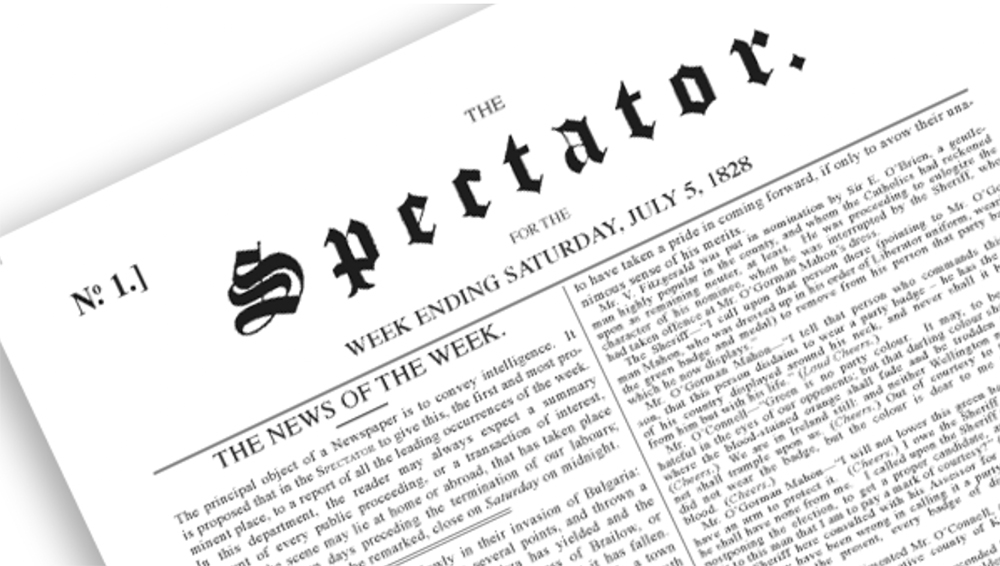
In middle age Alfred Brendel looked disconcertingly like Eric Morecambe – but, unlike the comedian in his legendary encounter with André Previn, he played all the right notes in the right order.
OK, so perhaps I’m selling the maestro a bit short: I do think Brendel, who died on 17 June at the age of 94, was a peerless interpreter of the Austro-German repertoire, and for a time in the 1970s had a better claim than any other pianist to ‘own’ the Beethoven and late Schubert piano sonatas. But some of the media tributes have been embarrassingly uncritical, implying that Brendel was universally loved. He wasn’t, and he didn’t want to be.
The Austrian maestro – born in Moravia, but then so was Mahler and no one thinks of him as Czech – lived in Hampstead for more than half a century. Even those who loved him found his cleverness intimidating. ‘I don’t think Alfred has ever had an unoriginal thought,’ said his friend Isaiah Berlin. In the Guardian last week Simon Rattle described Brendel’s ‘occasional sharp edges’ as ‘deeply loveable’.
To quote our late Queen, recollections may vary. A young pianist once found himself sitting next to the great man at a dinner. Brendel congratulated him on his debut album of German classical repertoire and asked him what he was working on now. He replied that he was planning a recital by a composer Brendel disliked. At which point the charm evaporated and the young man was ignored for the rest of the evening.
Rattle also wrote that Brendel’s humour was rooted in ‘an almost surreal amusement at the world around him’. You can read that two ways, both valid. Brendel was exasperated by stupidity and waspishly funny about it. I remember a Wigmore Hall lecture in which he eviscerated ‘historically informed’ performers who, among other crimes, ended every phrase with a sighing diminuendo. His artfully chosen musical examples made them sound like pretentious morons.
But that word ‘surreal’ is also crucial. This most professorial of performers, whose essay on ‘Form and Psychology in Beethoven’s Piano Sonatas’ is a masterpiece of conventional analysis, was an unlikely authority on dada and kitsch. His thick horn-rimmed spectacles were focused on the little absurdities of life, some of which delighted rather than annoyed him. According to one of his friends, he collected passport photos abandoned in the slots of do-it-yourself booths because their subjects were so horrified by their boggle-eyed stares and wobbly jowls.
Brendel was an unlikely authority on dada and kitsch
Actually, Brendel himself famously pulled faces – sometimes deliberately, mugging for the camera, but more often unintentionally, as he produced a series of alarming grimaces in search of a perfect cantabile line.
He recorded three cycles of the Beethoven sonatas. The first, from the early 1960s, is the snappiest and most secure but marred by Vox’s lousy sound. The second is his analogue Philips cycle, which plumbs greater depths but adopts risk-averse tempi; the normally indulgent Penguin Guide said it rarely matched the authority of Brendel in the concert hall. That must have stung, for in his digital Philips cycle the pianist included live performances, including a Hammerklavier praised for its ‘uncompromising impulse and coherence’ but also damned for its dullness.

The critics couldn’t agree about Brendel’s Beethoven or Schubert sonatas, though his Mozart concertos with Mackerras were generally acclaimed and nearly everyone loved his Haydn; here there was a spontaneity that hinted at the quirkiness of Brendel the raconteur and author of madcap poetry. But, to my ears, only one piece of music captured all the facets of his personality, and fittingly it was the piano masterpiece that he revered above all others – the Diabelli Variations.
If there is such a thing as surreal Beethoven, it’s found in these 33 excursions from Anton Diabelli’s catchy but trivial waltz. Their vast range of emotions, wrote Brendel, ranged from the lyrical and depressive to the brilliantly extroverted, while ‘at least eight of the variations laugh or giggle; some others take on an air of the grotesque, of diablerie – if the pun may be permitted’. To my mind, Brendel’s live, white-hot 1976 Diabellis at the Festival Hall capture their moods with a dexterity unmatched by any other interpreter.
This isn’t to denigrate his other recordings. Listening again to his Beethoven and Schubert, I’m irritated by the carping of the critics; patches of overthinking don’t detract from a sense of rightness, of channelling the composer. And how many pianists could write so penetratingly in German and English about literature, philosophy and the nooks and crannies of 20th-century culture – from the phonetic poetry of Kurt Schwitters to the cartoons of Gary Larson? It’s an astonishing legacy from which, frustratingly, just one piece of the jigsaw is missing: those passport photos.









Comments